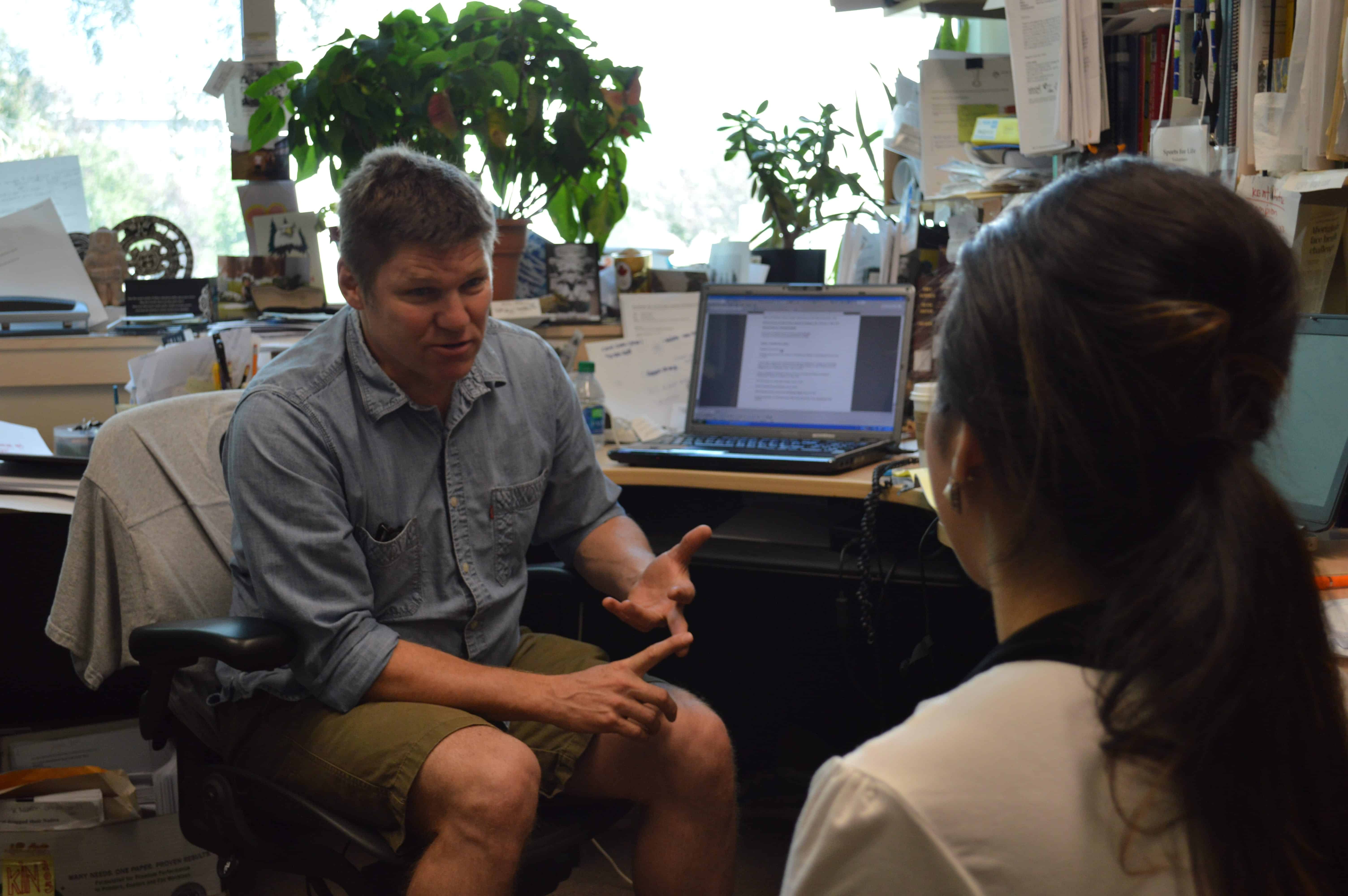Cheating: what is it and why is it wrong?

Cheating should not be a solution, so here are other solutions
Cheating has increased with the introduction of apps that utilize artificial intelligence (AI), like ChatGPT. Universities in Canada have noticed a rise in academic misconduct cases, and have seen that some students are misusing AI for their coursework.
Western University has created a cheating task force for their students to ensure academic integrity is maintained in the institution. The stories do not stop here, however, and the country has noticed much more.
During their university lives, students may feel the urge to cheat to get through their schooling to minimize things like emotional distress, how overwhelming their to-do list feels, or to try to guarantee higher grades with lower effort. This then begs the question: how is quality of education impacted when the quantity of effort put in to learn is lowered?
Students may cheat when they believe failure is never an option, yet that without cheating they may fail by their own or others’ standards. This mentality leads one to take steps that do not add to academic productivity. They are also sometimes worried about the consequences of not passing a course. Failing a class could result in a negative impression on their transcripts or parental disappointment, jeopardizing future opportunities, and other unknowns that could be difficult to undo or cope with.
Recently, the University of Regina (U of R) opened investigation on 50 cases of suspected cheating among nursing students. According to a CBC News article, “Out of approximately 1,200 nursing students who wrote an estimated 4,800 evaluations in December of 2023 – investigations have opened into around 50 cases or just over one per cent.” This number is higher than in previous years, and according to university spokesperson Paul Dederick, academic misconduct has become an issue in all faculties.
Students can appeal the decision within 30 days to the Council Discipline Committee, but there are different penalties that students can face. These include a loss or required repayment of scholarships, awards, suspension, expulsion, withholding of a degree, and/or a failing grade.
Having a strong support group that aligns its values with academic integrity has been found to help one fight the urge to cheat. Students can form study groups to get through coursework together and learn from each other. Study groups offer a supportive environment and connection between students to build healthy study habits that can prevent the urges to cheat. Since the urges may come from stress associated with exams, studying with others can lessen the impact of stress among the study group members by boosting confidence and understanding of the material.
Universities should also clarify what cheating is and isn’t, as there can be confusion among students. There are different university resources to provide basic information, like the current U of R Undergraduate Calendar on page 48 which covers academic misconduct. Professors may mention that making use of online resources is not a bad thing as long as the information is able to be properly referenced. Speaking with instructors can help clarify what counts as cheating and relieve students who are anxious about unintentional academic misconduct.
Students are desperate to score well to proceed to the next chapter of their lives and sometimes they do not fight the urge to cheat. Students might find the subject difficult to cope with or feel that they do not understand the topic well enough to have confidence writing an exam. This pressure puts students at risk for cheating, for academic misconduct. The pressure to meet academic requirements leads them to seek shortcuts and paths that do not align with university rules, and that are unsustainable and ultimately unhelpful in the long run.
The act of cheating in students is a complex phenomenon driven by several factors. As students continue to navigate the academic landscape, it is important for them to embrace the importance of ethical conduct, resilience, and the pursuit of knowledge for themselves and for the betterment of society.









